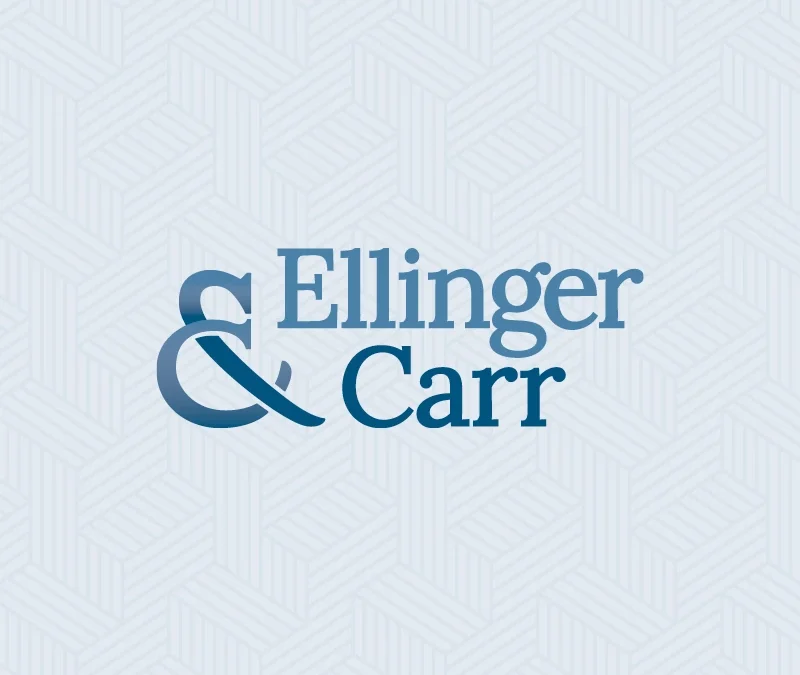More than $1 billion in new economic investment is coming soon to build and preserve affordable housing in North Carolina, according to Chris Austin, Director of Rental Investment for the North Carolina Housing Finance Agency. Housing credits were awarded by the NCHFA...


